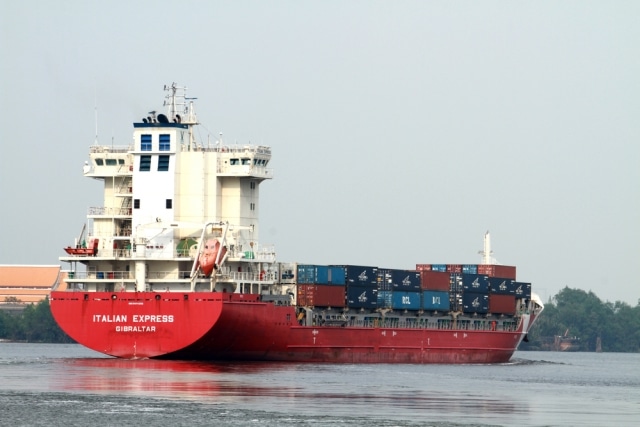Last month, DeSmogBlog broke the news that the Obama Administration was quietly letting oil companies export crude under the guise of “exceptions” to the crude oil export ban.
Now a coalition of public interest groups including Earthjustice, Oil Change International, and Sightline Institute says the public has a right to know what criteria the Department of Commerce’s Bureau of Industry and Security (BIS) used in determining which crude oil streams were exempt from the ban, and has filed a Freedom Of Information Act request to find out.
With the price of oil cratering and that trend not likely to reverse soon thanks in large part to the glut of production in the US, oil companies are desperate to sell their crude on the global market, where it can potentially fetch higher prices. The catch, of course, is the crude oil export ban, a policy that’s been in place since 1975.
The oil industry has apparently decided that its usual means of influencing public policy—lobbying and advertising to sway public opinion in its favor—would take too much time and money, as Justin Mikulka wrote here on DeSmog.
So if you are the oil industry, you innovate. You call the oil you are producing condensate, get the regulators at the little known Bureau of Industry and Security to agree to not define what condensate actually is and then have them tell you that you as an industry are free to “self classify” your oil as condensate and export it.
Problem solved. Billions in profits made.
The BIS has refused to publicly disclose how it reached its decision to allow oil companies to skirt the crude oil export ban, but activists say the agency is “effectively initiating a major change in U.S. energy policy” and should have to account for its decisionmaking process to the American people.
“Big Oil has clearly intensified its lobbying in Washington and has obtained concessions behind closed doors,” says Lorne Stockman, research director for Oil Change International. “This process needs to be daylighted in order to discover whose interests are being served.”
Eric de Place, policy director for Sightline Institute, says “This is a key moment in national energy policy.” Lifting the crude oil export ban, or even just significantly eroding its scope, could lead to more drilling in fragile ecosystems and more transport risks borne by port regions on the Gulf Coast and in the Pacific Northwest, in addition to exacerbating climate change.
“At a time when the nation has made a commitment to reduce climate-warming emissions and the renewable energy sector is going gangbusters in job creation, U.S. energy policy should reject any measure that encourages more drilling and more production of highly polluting crude oil,” says Patti Goldman, an attorney with Earthjustice. “Decisions like this by the BIS need to be transparent and made with full public participation.”
Image Credit: SARIN KUNTHONG / Shutterstock.com
Subscribe to our newsletter
Stay up to date with DeSmog news and alerts







